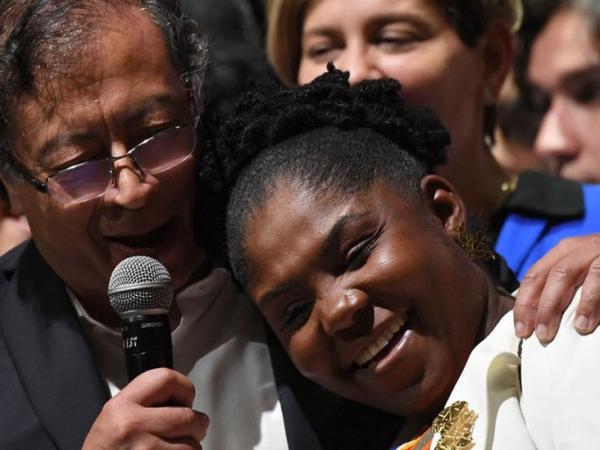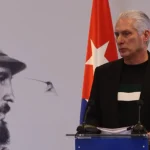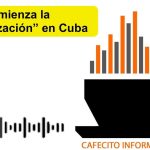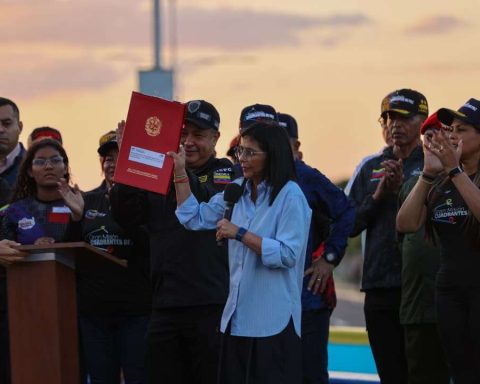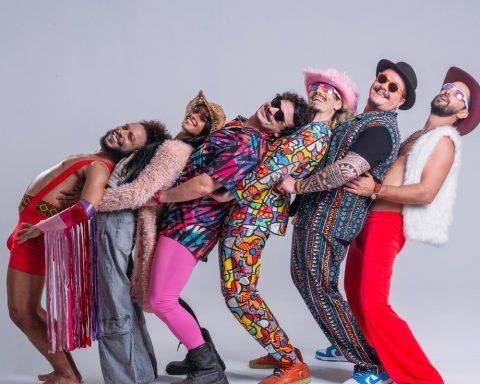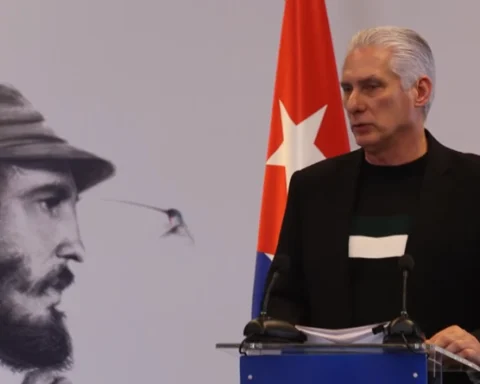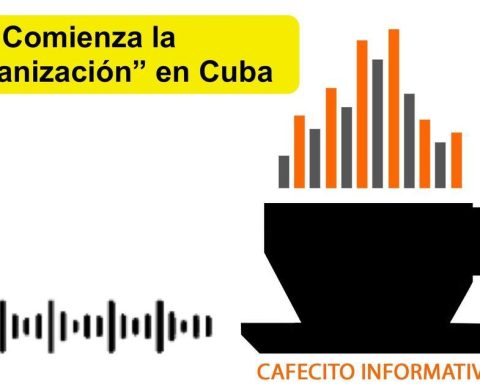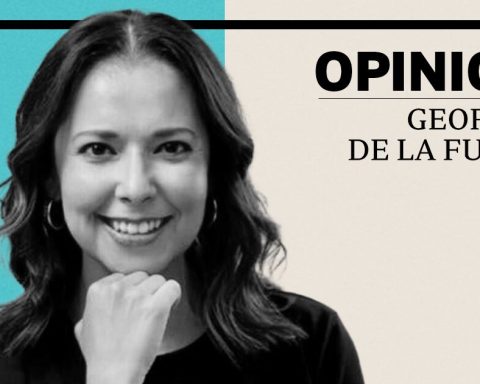The news traveled the world: Gustavo Petro is the first elected leftist president in the history of Colombia. But what kind of left does it represent exactly?
In the second round of the presidential elections on Sunday, Petro obtained 50.44% of the votes against 47.31% of his opponent, the construction tycoon Rodolfo Hernández, with more than 99.99% of the tables counted.
“What is coming is a real change,” anticipated the 62-year-old economist and former guerrilla fighter in his first public speech after being elected.
Petro is the latest case of a Latin American leftist coming to power on a wave of social discontent with the political class, inequality and economic stagnation.
As of 2020, that list also includes Luis Arce in Bolivia, Pedro Castillo in Peru, Xiomara Castro in Honduras and Gabriel Boric in Chile.
These and other leaders of the region congratulated the newly elected Colombian president on Sunday.
“The victory of Gustavo Petro is historic. The conservatives of Colombia have always been tenacious and tough,” said the Mexican president, also a leftist Andrés Manuel López Obrador, in a thread of tweets.
However, there are great differences between these rulers.
And comparisons of Petro with other leftist leaders in the region have surfaced since he was elected mayor of Bogotá in 2011.
Now that he reaches the presidency of the third most populous country in Latin America, the question of Petro’s place on the political spectrum becomes even more important.
Petro militated in the urban and nationalist guerrilla of the M-19 in the decades of the ’70s and ’80s, a past for which many tried to associate him in the electoral campaign with the radical left.
However, the M-19 demobilized in 1990 and Petro presented himself in this, his third attempt to reach the presidency, as a moderate politician after having been a senator.
“The moderation in some of his proposals has led him to be seen by a sector of the citizenry more as a center-left candidate than a radical left,” says Patricia Muñoz Yi, director of postgraduate courses in political science at the Javeriana University in Bogotá. , to BBC World.
In fact, Petro has denied that Colombia has to go to socialism and that he intends to resort to confiscations of private property or reforms of the Constitution to be re-elected as other leftist Latin American presidents have done.
But he has proposed changing the country’s economic system, reducing the extraction of natural resources, an agrarian reform to put an end to unproductive large estates and offering employment in the State to those who cannot find it in the private sector.
While showing sympathy for the late Venezuelan President Hugo Chavez, and many of his opponents also seeking to associate him with him, Petro has distanced himself from Chavez’s successor, Nicolas Maduro.
“If you ask me if Chavez was a dictator, I say no. If you ask me if Maduro is a dictator today, I say yes,” Petro told Newsweek magazine in 2018.
The president-elect of Colombia has pointed out leftists such as former Brazilian president Luiz Inácio Lula da Silva or Ecuadorian Rafael Correa as referents.
However, others see similarities with the current Mexican president, known by his AMLO initials.
Petro “comes from a nationalist and anti-imperialist leftist tradition, perhaps a little similar to the one that inspires López Obrador in Mexico,” says Yann Basset, professor of political science at the Universidad del Rosario in Bogotá, to BBC Mundo.
And he adds that Petro has “an aggressive style, with sometimes populist speeches, which generates a lot of resistance and fears that he will have a government with slightly authoritarian features, again in the style of what is happening in Mexico.”
López Obrador, 68, was in 2018 the first left-wing president elected in Mexico in seven decades.
And this month AMLO caused controversy by supporting Petro stating that he was facing a “dirty war” as happened to himself in Mexico, something that the Colombian Foreign Ministry described as “interference” in the country’s affairs.
On the other hand, there are also similarities between the way in which Petro reaches the presidency of Colombia and how Boric did it in Chile in December.
And both won their elections after social unrest that revealed a weariness with the establishment and the economic model of their countries, according to analysts.
Petro and Boric promised structural reforms to ensure peace, with the State at the center of their social, economic and environmental care projects.
With the Francia Márquez team as vice president – the first black, feminist and environmentalist to take office – Petro showed a willingness to approach issues of gender, race and climate of a younger left such as the one that Boric represents, says Basset.
And he adds that this happened despite tensions that Petro’s campaign had with feminist sectors, who accused him of surrounding himself with “old guard” politicians with a macho vision.
On social issues, the elected president of Colombia has also defended women’s access to abortion and promised to guarantee the rights to diversity of sexual orientation.
That, as well as his idea of ending the prohibitionist approach to drugs, brings him closer to figures such as former Uruguayan President José Mujica, another former guerrilla, than to other more classic leftists in the region.
But of course one thing is the electoral proposal and another is the way in which it is governed, especially in a polarized country and with clear counterweights of power.
Adam Isaacson, a Colombia expert at the Washington Office on Latin America (WOLA), believes it is still uncertain what kind of leftist ruler Petro will be after he takes office in August.
What is your question?
“Petro’s personality,” he explains. “If he’s going to resist checks on his power, or if he’s going to be more like Boric, Mujica or Lula and loosen his grip on power a little bit.”
Remember that you can receive notifications from BBC Mundo. Download the new version of our app and activate it so you don’t miss out on our best content.
